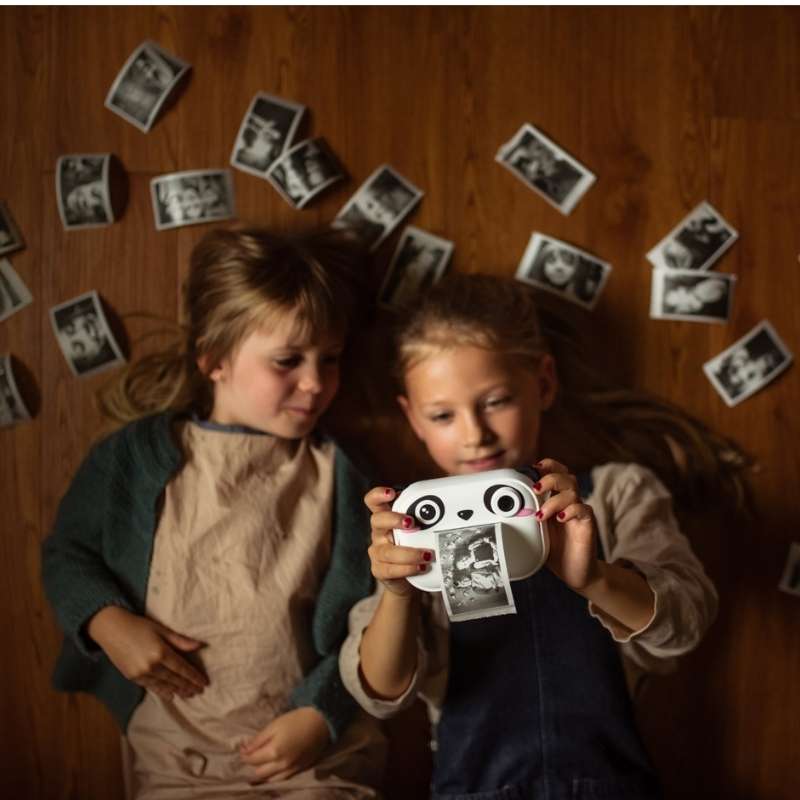
How to help your child become more independent
It is only natural that over the last couple of years, children may have encountered fewer new experiences than you would expect in normal times.
As travel has been limited for many of us around the world, they may have missed out on valuable trips and holidays they would otherwise have experienced.
Experiencing new things is an important part of childhood because it teaches little ones so much about the world around them.
While it can feel scary at times, trying new things (whether that’s different foods, new sports or going somewhere new) can help children to grow important social and emotional skills such as independence and resilience.
As we have had fewer opportunities to put ourselves out of our comfort zone and introduce children to new experiences, this may have had knock-on effects such as experiencing separation anxiety after returning to school or becoming more dependent on a day-to-day basis.
It is important therefore to look for ways that we can help children to become more independent as this will equip them with valuable skills and confidence to flourish and explore later in life.
In this article, we will look at small ways to help build children’s independence, standing them in good stead to be self-reliant and resilient in experiencing new things as they grow up.
Identify opportunities for them to be more independent

You can start by first setting some simple expectations, based on what they can currently do – for example, if they are able to hold their dish and cutlery and eat independently at a table, you may set the expectation that you would like them to start putting their dish in the sink after they are finished.
You may even find that there are things your child wants to do for themselves, for example choosing their own outfit, helping with preparing their lunch or putting their toys away.
Forget being perfect
Accept that there will be some things that work out straight away and some things that do not. For example, you might be confident that they will be able to do something easily and then they really struggle, or it results in a meltdown.
It is important to remember that mistakes are all part of learning and even help children to grow confidence when they are scaffolded appropriately. Scaffolding is an important component of learning and refers to the temporary help you give your child to rise to the challenge of a new skill.
In this case, while it may seem tempting to do it yourself next time, providing a bit of support can help them to reach the end goal and builds their confidence and self-esteem. Although this may not save time, it pays off as it helps children to develop important skills in problem-solving and perseverance.
Give them choices, no matter how small

This can start from a young age and helps provide children with some important autonomy.
For young children, start by offering them two choices (e.g., “these pyjamas or those ones?” Or “this food or that food? Allowing them the opportunity to express their own likes, dislikes and needs encourage confidence, self-esteem, and independence.
It also helps them to develop communication skills as they learn they are rewarded for vocalising their wants, needs and feelings.
Help them to set and achieve small, bitesize goals
Setting small challenges and scaffolding them appropriately as well as allowing for mistakes and natural consequences can provide children with fun opportunities to learn and grow their confidence.
Whether these challenges are physical (learning to score a goal in football or basket in basketball), cognitive (reading a whole book independently) or do with life skills (making breakfast for the family on their own), make sure to provide lots of encouragement!
Encourage creative projects

Projects can offer children great opportunities to develop independence through taking ownership of their learning. Having the reins to do what they want and completing something from start to finish provides them with creative freedom and a fantastic sense of achievement.
As the world opens up, creative projects also allow children to explore their surroundings. The Kidamento Instant Print Digital Camera encourages children to experiment creatively with producing their own photographs, offering stickers, decorative frames and text bubble templates to add descriptive commentary.
Being responsible for the whole creation from start to finish helps to build confidence and leadership skills and allows children the room to make mistakes and work out how to fix them. Staging different scenes encourage creativity and also helps children to develop visual storytelling and communication skills too.
The instant nature of the camera allows children to receive their creation straight away, which means no waiting for prints to play with, providing achievement and developing their awareness of the process from forming scenes to the finished product.
Conclusion
The last couple of years has allowed us to connect as families and spend lots of quality time with our immediate household. It is, however, more important than ever that we help children to develop their own sense of independence.
This is because it stands them in good stead to gain confidence in their own abilities and grow into responsible, confident, and capable grownups!
Start by offering your child small opportunities to make choices and take responsibility for something of their own.
The successes from helping them to achieve ‘bitesize’ goals will add up and allow them to grow confidence. From here you can progress to projects of their own, which will allow them to practice important leadership, communication, and independence skills through taking ownership of their own learning.
It is important to remember, however, that growing up is not always a linear process, so mistakes will be par for the course and offer a learning and problem-solving opportunity.




